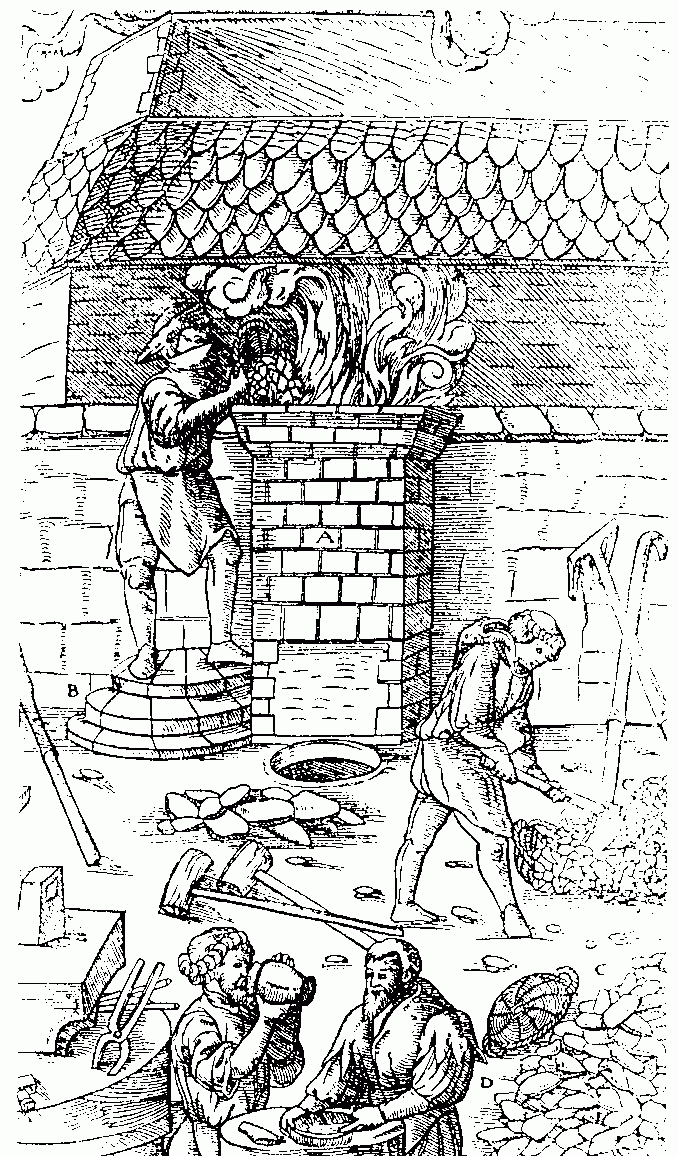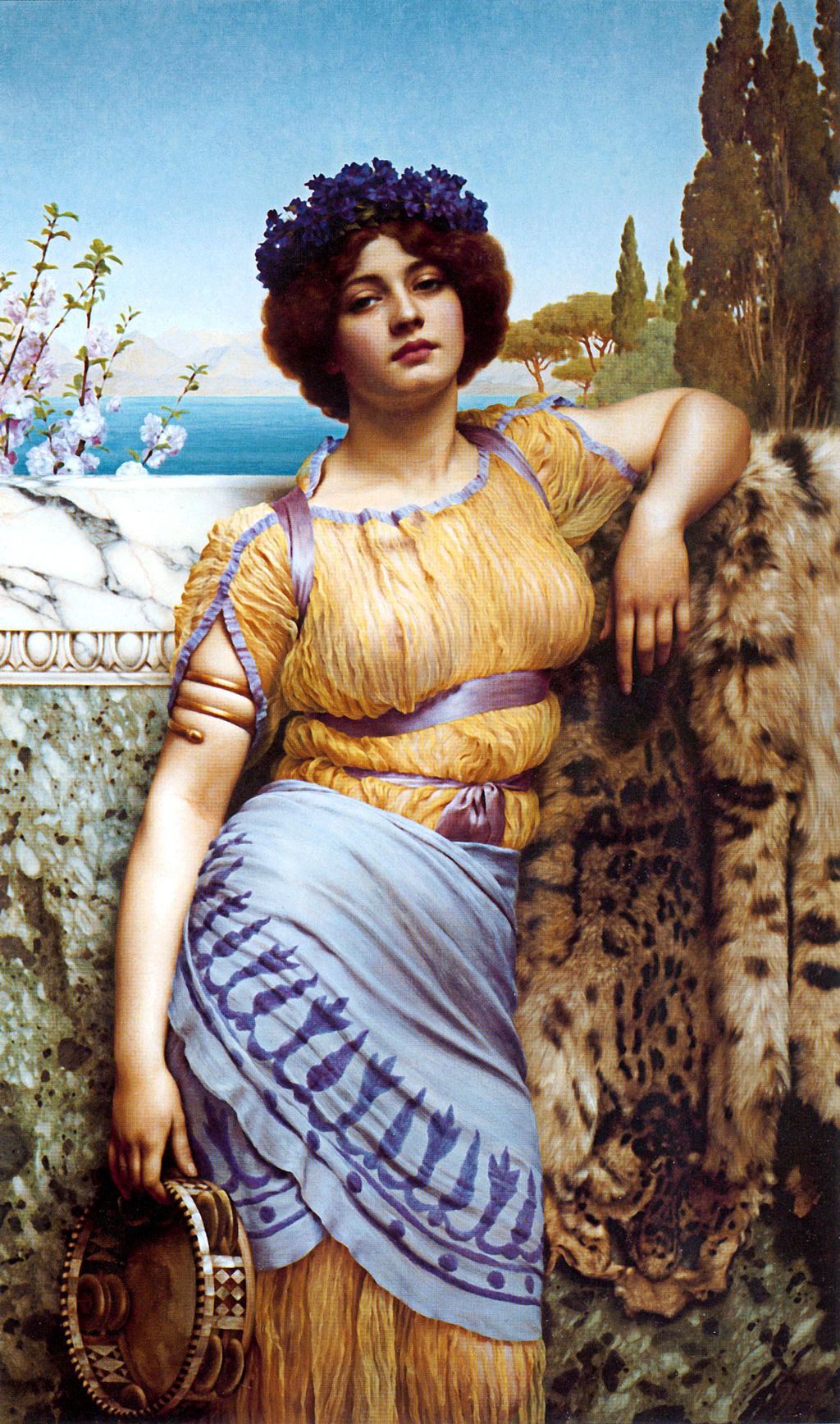Economy (Praemium Terra Supplement)
Introduction[edit]
Praemium Terra's economy is dominated by the archmages and their estates. The main products are agricultural goods and raw materials. Due to the presence of special resources, such as mithral and darkwood, a very large amount of wealth can be generated from possessing large tracts of land.
Agriculture and Forestry[edit]
The soils of Praemium Terra are rich beyond the wildest dreams of most other lands. A wide variety of valuable crops enjoy a long growing season. In addition to grains (wheat, corn, oats, etc), fruit (apples, pears, grapes, olives, etc) vegetables (root crops, cabbage, lettuce, etc) and other standard crops, special magical foods grow as well.
In other lands, magical crops are hard to come by. These magical foods possess special qualities which can be used for any number of purposes by skilled mages. Among the magical crops grown in Praemium Terra are:
Golden Apples: Known for their valuable magical properties, these fruits have been known to cause discord wherever they are sold. Valued by deities (especially goddesses) and mages alike, golden apples can sell for very high prices. The fruit can be harvested only once every five years, but when it is, much money comes into the estates from which they are grown, and criminal activity increases in response to the harvest; a single golden apple can be worth as much as a full suit of fine steel armor, so its no wonder that there so many willing to steal them.
Ambrosia: A nectar from a very rare flower, ambrosia is said to confer immortality on those who drink it; this is, or course, not really true, at least, not in the form it is available (mostly.) The few estates which have ambrosia plants (which take millennia to grow) can only be tapped for their nectar once every 10 years. The process of turning the nectar into a usable form takes another 10 years, and thus, it takes 20 years for the product to be sold. Those powerful entities who do known how to use ambrosia can turn it into a potion which grants one eternal, but not immortal life; while one will never die of age if said potion is made (with ambrosia as the main component), one can still be killed by any other means. Those who think ambrosia does grant immortality will do their best to steal it. The price of ambrosia is through the roof; a liter of ambrosia has as much value as a small town. Even if one does not use ambrosia to make an eternity potion, it still has valuable magical properties and can be mixed into a number of other potions. Furthermore, drinking a sip of plain ambrosia will give one another century of life, heal all afflictions one currently has, and give one enough nutrition for a whole year.
Cattle of the sun: Bovines who have been enchanted by a solar deity, these animals absorb energy from the sun, which can be found in their meat once slaughtered. Besides being of extremely high quality beef, the meat from these cattle has the ability to increase a mage's powers for a short time once consumed.
Golden Sheep: Although it takes a lifetime (about 12 years) for them to grow their fleece, these animals are worth a great deal of money. A golden fleece can sell for many hundreds, possibly over a thousand, times the amount of money a regular fleece can.
Mineral Resources[edit]

Iron: High quality iron and cold iron can be found in the northern mountains in the greatest abundance, but iron mines can be found in many other areas as well.
Crystal: Both mundane and deep crystals can be found in many mines.
Mithral: A very well-renowned material, known for making high-quality arms and tools.
Adamantine: One of the absolute hardest substances in the world, adamantine is used to make top-quality arms and armaments.
Industry[edit]
Outside of specialty magical items, tools, and goods for the archmages, there aren't very many major non-extractive industries. The industries that do exist are generally well-made and efficient.
Trade[edit]
All large-scale trade is carried out by the ships and convoys of the archmages. Roads (including toll roads), tunnels, canals, and bridges are all built for the benefit of the 500. Most of these roads lead from the massive estates to the sea and some coastal towns, where the goods produced on the estates are later sold. The roads are, for the most part, privately owned; there is no serious attempt to integrate the transportation system for the public good. Traders working for an archmage are prohibited from using transportation systems owned by the archmage's rival. This, and several other unnecessary restrictions on freedom of trade and movement place severe barriers to independent merchants in Praemium Terra.
Assets[edit]
In the struggle to get ahead in Praemium Terra, the 500 know that control over strategic assets very important. On many a map, various regions will be identified not by who lives there or by what the history of the land is, but by what assets it has.
Magical Nexus: A powerful focus for magical energy, a nexus can take the form of a temple, a tower, a giant crystal, an enchanted statue, a mountain made out of a magically-conducive material, a magical tree, or any number of other shapes. Such a concentration of magical energy to an archmage is like wood for a fire, it is fuel to be used for furthering their own ends. While such Nexuses can be made by the archmages, doing so requires a significant investment of time and magic.
Fertile Soil: See agriculture and forestry above.
Mineral Resources: See mineral resources above.
Forestry Goods: See agriculture and forestry above.
Gateway: A fixed portal which leads to other areas on the same plane, or else to another one. The benefits from control of such a gate are usually obvious; as it can open up whole other worlds for the mage to explore - literally! The benefits of contact with other planes are many. First, magical resources which might be rare in the material plane might be in abundance on another. Second, many planes have soldiers available for the archmage to hire. Third, the possibility of trade between his estate and another plane is lucrative indeed.
The portals which lead to different points on the material plane serve as useful tools as well. Trade with faraway lands can be conducted, buyers for rare products can be more easily reached, and access to materials from distant realms can be had as well. Furthermore, if a gateway leads one to a realm where one's enemy is located, the possibility of a surprise attack on his lands by means of the portal is a viable one. The only risk is that the portal's other end would be under control of the enemy (assuming the portal has another end to it which enables back and forth transportation and isn't a one way only pathway); in that case, the portal could be used as a means for the enemy to attack one's own lands. The same risk applies to a portal leading to another plane; the inhabitants of that other plane are by no means guaranteed to be friendly. If a portal is found to be shut down but otherwise intact, perhaps it was shut down for a reason.
Healing Spring:
Ancient Dungeon: As much a risk as an asset, dungeons nevertheless represent a significant opportunity for an ambitious archmage. While one of the 500 may hire out a party of adventurers to clear one of them on occasion, most of these dungeons are untouched. These dungeons potentially contain valuable treasures and secrets.
Wealth Distribution[edit]
Employment Distribution[edit]
Professions are ideal distributed by merit, but Praemium Terra frequently divides them by race and sex. For example, most gardeners are Halflings, most merchants are men, the largest plurality of miners (49%) are Dwarves, almost all cooks are women, humans control most fishing vessels, and various races (such as centaurs) are singled out for hard labor.
Back to Main Page → 3.5e Homebrew → Campaign Settings → Praemium Terra


